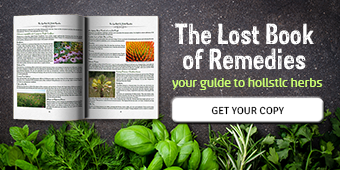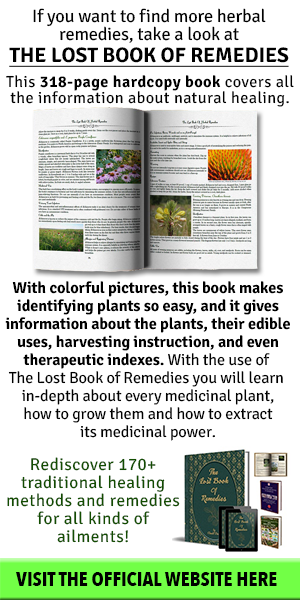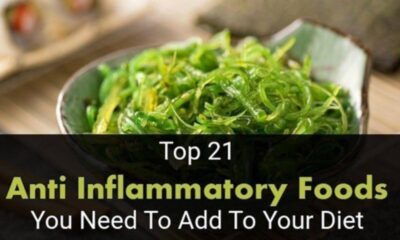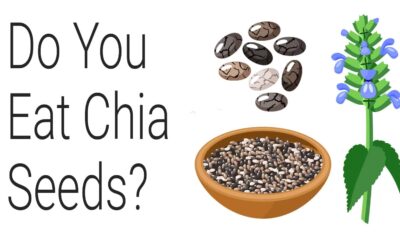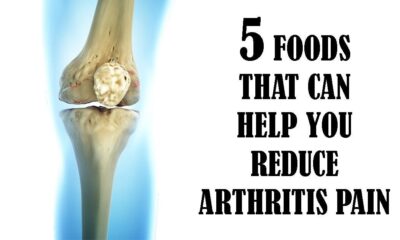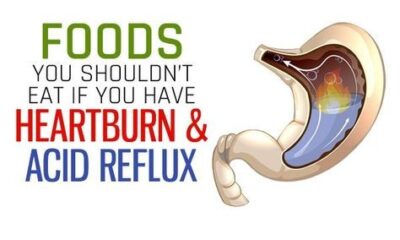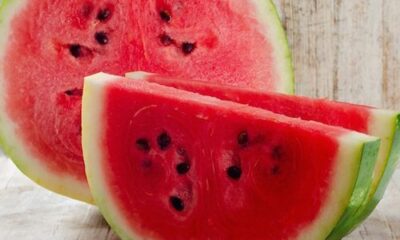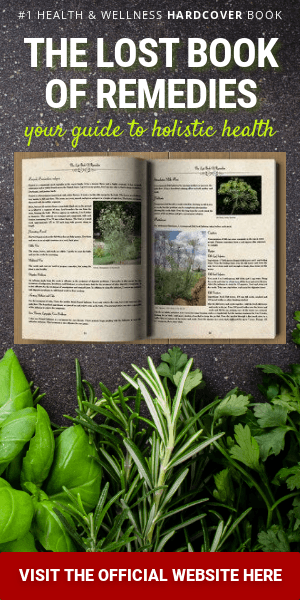Health
Hypothyroidism Diet: 11 Foods You Should Eat For Better Health
People suffering from hypothyroidism are often struggling to find a suitable diet to reduce the condition’s symptoms. However, experts in the field agree that hyperthyroidism can be easily managed with the intake of essential vitamins and minerals.
Mainly these include vitamin B12, zinc, iron, and selenium, all of which empower the thyroid gland.
Aside from these, other foods can also contribute to a great thyroid health, like omega 3 fatty acid fish, ACV, flax or chia seeds, and probiotics. The reason these foods work is because they are considered highly efficient in eliminating thyroid-harming inflammation.
Symptoms of Hypothyroidism in Children
Children manifest underperformance of the thyroid or hypothyroidism through several symptoms, including:
- Yellower skin tone than usual, also seen in the eyes’ whites (jaundice).
- A swollen tongue.
- Having respiratory issues, being unable to catch a breath.
- Hoarse moans and cries.
- Umbilical hernia.
- Lost muscle mass.
- Unusual sleepiness.
Symptoms of Hypothyroidism
Hypothyroidism characterizes through a variety of symptoms, including:
- Skin dryness
- Weight problems and escalations
- Tiredness or exhaustion for no good reason
- Forgetfulness and related memory issues
- Sensitivity to cold temperatures.
One of the main symptoms of the condition is obesity, which can be caused by the overconsumption of fats iodine, sugar and sodium. That said, the best way to reduce symptoms of hypothyroidism is to avoid processed foods altogether.
With that, you also need to count the nutritional and caloric value of each meal you take.
To help you stick to a healthy dieting regime, here are the best foods to help you suppress hypothyroidism symptoms.
1. Salmon and Tuna
Hypothyroidism is oftentimes linked to Hashimoto’s disease, meaning the body is burdened with high levels of cholesterol. To avoid this and any cardiovascular diseases, you need to maintain an omega 3 fatty acid-rich diet.
Due to their anti-inflammatory properties, omega 3s can help regulate the cholesterol levels and control the risks of a heart disease. Some of the best foods in this group include salmon, tuna, rainbow trout, and sardines.
2. Seafood and Yogurt
Both seafood and yogurts are rich in zinc which can suppress the aggravation of hypothyroidism. To avoid a deficiency in zinc, it is recommended you get it from foods like whole grains, chicken, seafood and yogurt.
The daily dose of necessary zinc ranges at 11 mg for men and 8 mg for women. Pregnant women should also take 11 mg of zinc daily, and 12 mg a day once nursing.
3. Vegetable and Bone Broth
Veggie and bone broths are perfectly healthy for you, and can also regulate the symptoms of hypothyroidism. Rich in minerals, these broths can regulate all hormones at once, while also offering low-calorie content.
To enhance the benefits of your broth, play around with herbs and make them part of your everyday nutrition.
4. Lean Pork and Cooked Spinach
It goes without saying that iron is one of the minerals the body depends on, especially if you are suffering hypothyroidism.
The best sources of iron come from lean protein products, like lentils, beans, spinach, pork, beef, venison, duck or seafood. Additionally, you can get iron from products like chicken, turkey, parsley, and oysters.
5. Kefir and Kombucha
Probiotics make an essential part of your diet, so fermented foods are recommended when trying to beat hypothyroidism.
The good bacteria found in probiotic foods can enhance digestion and secretion of stomach acid, as well as strengthen the immunity. The best probiotic foods to consume include dairy products, like yogurt and kefir, kombucha, or any pickled vegetable.
That said, it is best if you avoid cabbage-based probiotics, like kimchi, due to their goitrogenic effects.
6. Apple Cider Vinegar
Healthy for a number of reasons, apple cider vinegar is a natural antioxidant which effectively regulates the hydroid performance.
Also, ACV helps stimulate the metabolism, aids weight loss, and balances the hormones in the body. For the best consumption, always dilute apple cider vinegar with a bit of water and drink it before meals.
7. Berries and Barley
Fiber plays a huge role in maintain the body healthy and hypothyroidism symptoms controlled. It also controls the blood sugar levels and helps with digestion.
Soluble fiber can be found in products like peppers, beans, citrus fruits, berries, and whole grains like oatmeal and barley. The body needs both soluble and insoluble fiber to function ideally.
The recommended dose of fiber is 38 gm a day for men, and 25 gm a day for women. Other foods which can provide this fiber content include carrots and tomatoes.
8. Coconut Oil
As it enhances the metabolism, coconut oil is of great help when battling hypothyroidism and. Also supporting weight loss, coconut oil eliminates the risk of fat deposition and naturally increases the body temperature, while also acting as a potent antioxidant.
9. Ginger and Turmeric
Anti-inflammatory and packed in nutrients, ginger and turmeric offer a great mineral content, including magnesium, zinc, and potassium. Of course, this makes the two exceptionally favorable in battling unwanted thyroid problems.
10. Eggs and Tuna
When it comes to iodine, it always best to keep things balanced. In terms of consumption, iodine can help you avoid hypothyroidism symptoms, but if overconsumed, it can worsen the condition.
Therefore, when taking iodine it is best you consult your doctor first. Some of the essential foods which can help you in that department include tuna, eggs, rainbow trout, and salmon.
Along with iodine, the body depends on vitamin B12 content to work ideally. The best source of this vitamin is found in cereal.
11. Brazil Nuts and Turkey
Both packed in selenium, Brazil nuts and tuna can help you regulate hypothyroidism symptoms with ease. First, it is recommended you test your body selenium levels and then focus on making up for the lost content.
Selenium-rich foods include yellowfin tuna, halibut, sardines, turkey, chicken, beans, and mushrooms. If that content alone doesn’t cut it, you can also take selenium supplements.

Source: www.curejoy.com

